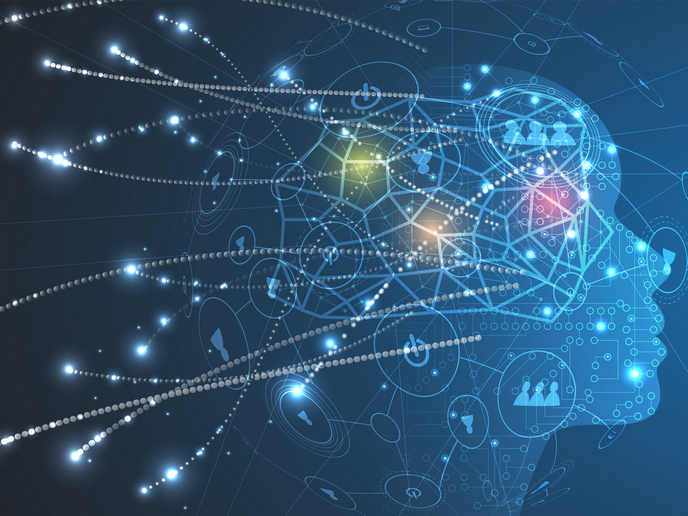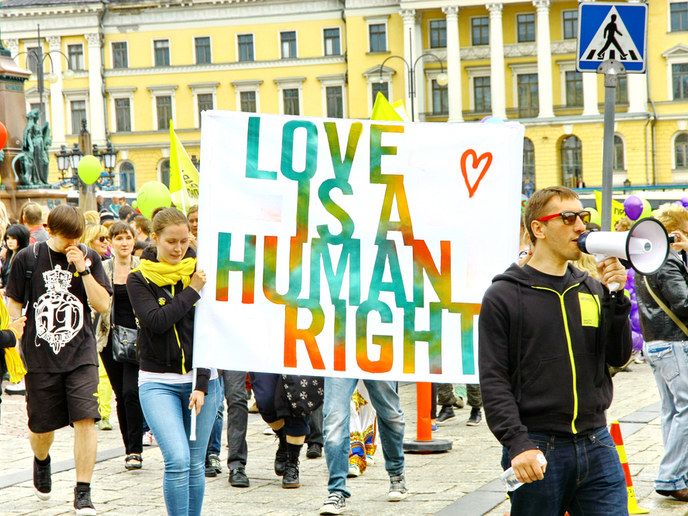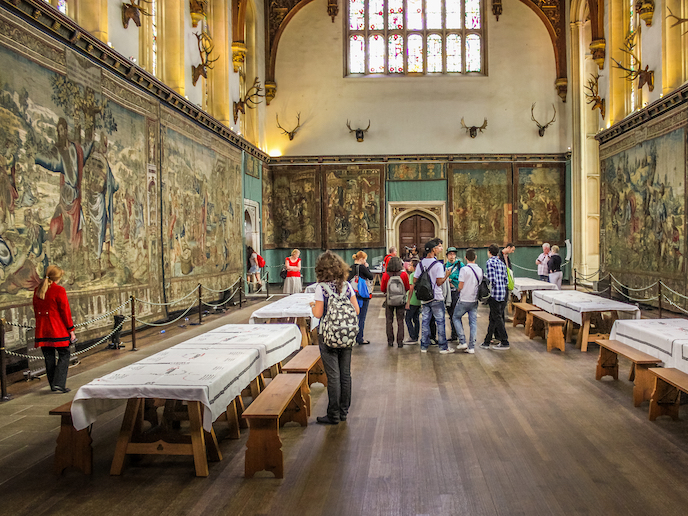Study develops comprehensive mapping and assessment of digital copyright law
Copyright laws play a central role in protecting the rights of creators and serving as an economic incentive for cultural and creative industries, especially in the digital age. But currently, there are gaps in the digital copyright system that prevent it from fully achieving its potential. To improve the system and follow its Digital Single Market Strategy(opens in new window), the EU needs to be well informed when taking policy decisions. Based on this, the reCreating Europe(opens in new window) project was launched to provide insights on the requirements needed for a balanced regulatory framework on digital copyright. “Despite the importance of digital copyright laws, we are still far from having a full knowledge and understanding of the key drivers and mechanisms that influence its current operation, and the success or failure in reaching its goals of promoting creativity and cultural diversity, ensuring that authors receive adequate remuneration and facilitating the access to and distribution of cultural and creative products and services,” states Caterina Sganga, reCreating Europe project coordinator.
Mapping EU digital copyright laws and market impact
reCreating Europe conducted thorough research to create cross-national maps on the state of copyright laws and practices across the EU, also with stakeholders’ surveys and engagement, producing policy recommendations and best practices. It focused on five groups of stakeholders: authors and performers, users and vulnerable groups, creative industries, cultural heritage institutions and intermediaries. Several surveys were performed to understand the cultural and creative markets directly from a wide range of players: musicians, photographers, designers, actors, screenwriters, authors, journalists and more. They related their experiences with the digitisation of cultural content, business and copyright contracts, income development over the past years, competition from AI producers and other market phenomena. reCreating Europe also paid careful attention to neglected players, such as disabled individuals, minorities and niche sectors. The project developed an online platform(opens in new window) to make EU copyright law accessible to everyone. It provides guidance on what works are protected by copyright, how they can be used according to the law, the ways rightsholders can exploit their own work and the available steps needed to enforce their rights. Access to culture is another fundamental goal of balanced copyright laws, encompassing accessibility for disabled individuals and vulnerable groups, preservation of cultural heritage, and democratic and diverse offer of content online. “Understanding the implication of copyright on different aspects is fundamental to shape copyright law in a manner that aligns with EU values and cultural policies,” says Sganga.
AI in digital copyright law
As AI continues to evolve, its impact on digital copyright laws represents a challenge for the industry. The project approached this front by reviewing existing AI technologies and their production of creative content, also assessing the pros and cons of granting intellectual property rights to the works of AI machines. According to the research, cultural and creative industries most affected by AI, such as audiovisual and journalism, should receive more attention from policymakers. The project proposes that a clear relationship should be established between Article 17 of the EU Copyright Directive(opens in new window), which addresses the use of copyrighted content on online platforms, the Digital Services Act(opens in new window) and the AI Act(opens in new window).







